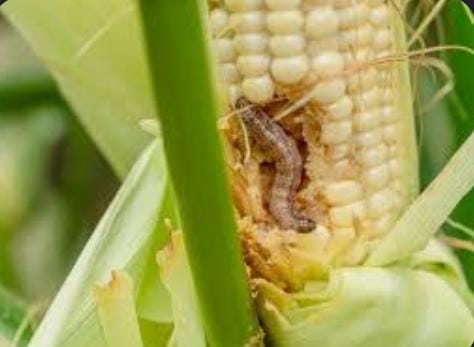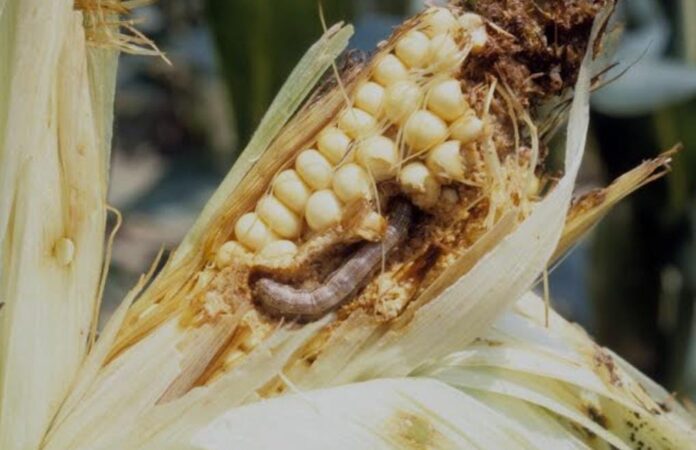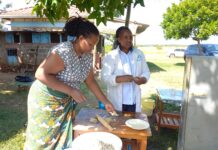By Jane Meza
Kwale County, Kenya: In a proactive move to fortify the agricultural sector, Kwale County Governor Fatuma Achani has officially launched a strategic initiative addressing the armyworm menace and bolstering maize cultivation.
The county is investing 4.5 million shillings in the distribution of pesticides, along with essential equipment and protective clothing, to maize farmers across all 20 wards.
Governor Achani, speaking at the launch in Kwale headquarters, emphasized the significance of these measures in fostering self-sufficiency and food security.

The distribution aims to empower Kwale residents to overcome challenges, steering away from the need for annual food aid, a persistent issue in certain parts of the county.
Furthermore, Governor Achani highlighted the county’s innovative approach by excavating ponds in Kinango and Lunga Lunga. “This initiative aims to facilitate year-round farming through irrigation, ensuring sustained agricultural activity in these areas,” said Achani
The farming community in Kwale County, led by prominent farmer Athuma Mwakileso, expressed appreciation for the government’s commitment to agriculture.
The provision of agricultural inputs, coupled with the distribution of free plows, has garnered support among farmers, reinforcing their capacity to contribute significantly to the region’s food production.
These strategic interventions align with the overarching goal of ensuring food security in Kwale and by empowering local farmers and introducing innovative irrigation practices, the county aims to mitigate the impact of hunger spells and create a more resilient agricultural landscape.
In a call to action, young people in Kwale are being encouraged to explore opportunities in agriculture as a means of self-employment where Governor Achani sees it as a vital step in fostering a new generation of agriculturists who will contribute to the country’s prosperity.
Kwale County’s multifaceted approach to agricultural development signals a commitment to sustainable farming practices, community resilience, and the cultivation of a thriving agricultural economy.














